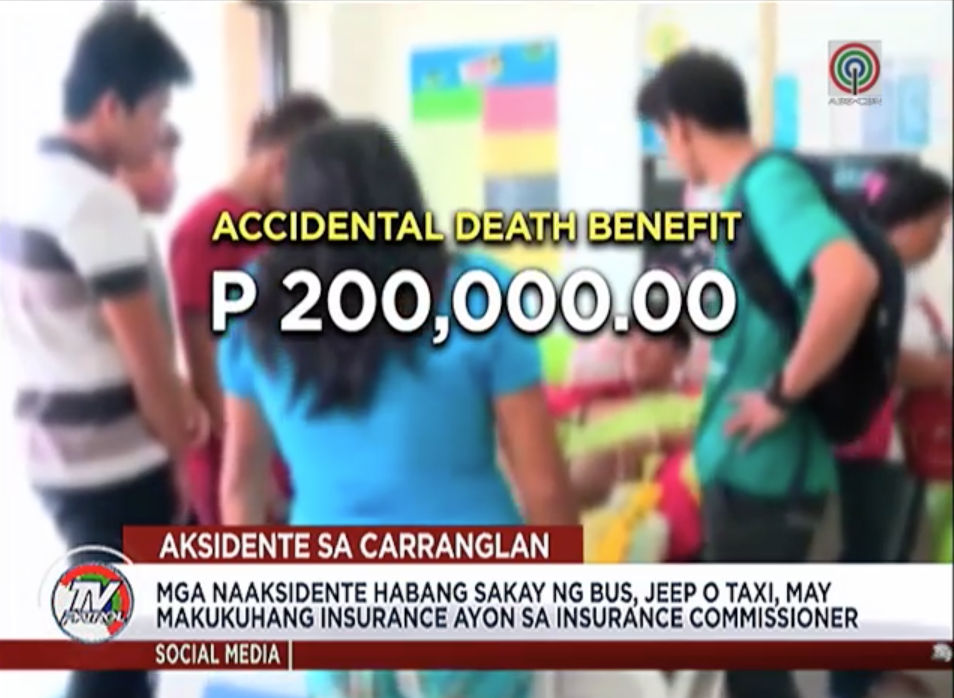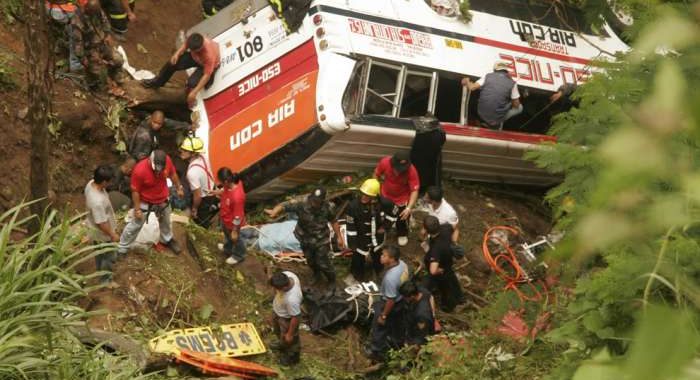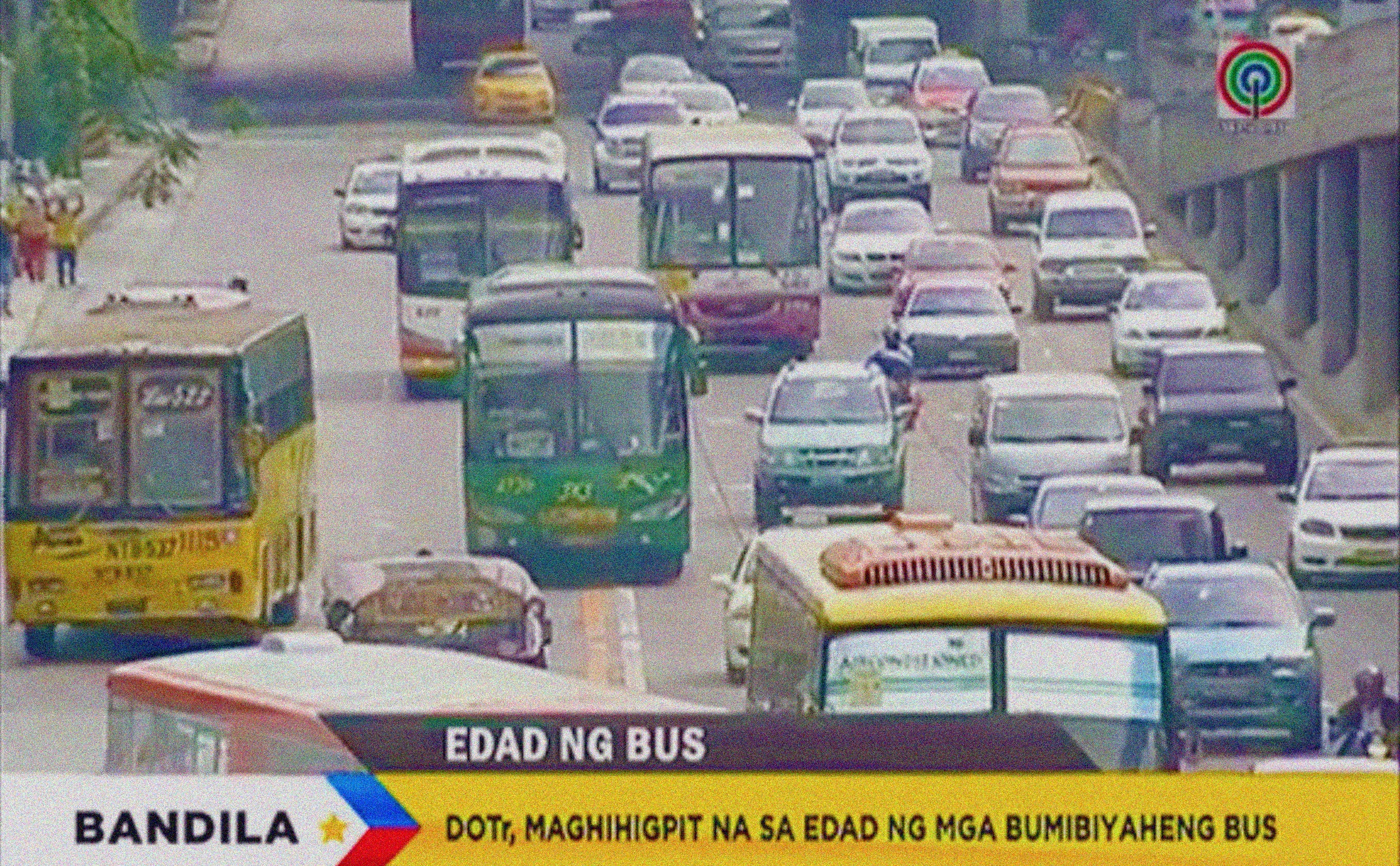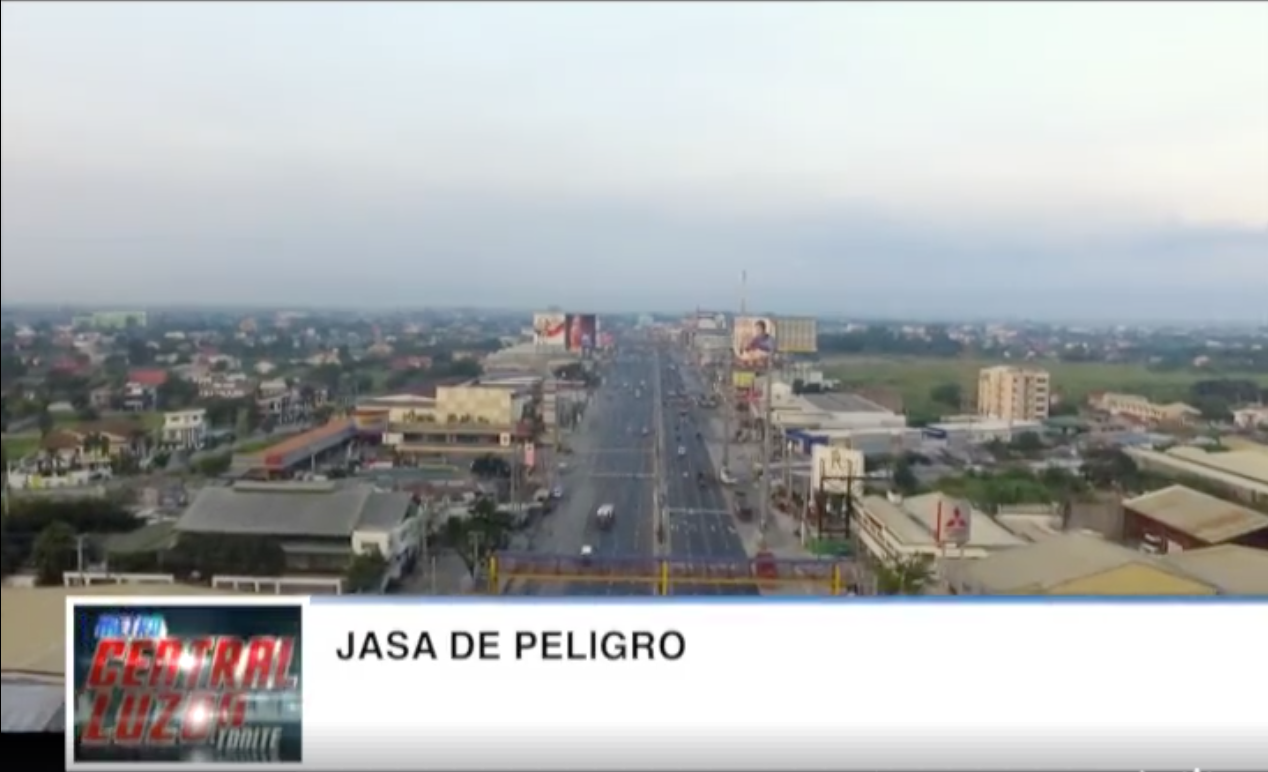Road crashes entail massive social and economic costs first suffered by victims and their families.
According to the World Health Organization, economic losses from road crashes arise from the following:
- Cost of treatment (including rehabilitation and incident investigation)
- Reduced or lost productivity (e.g. in wages) for those killed or disabled by their injuries
- Reduced or lost productivity for family members who need to take time off work (or school) to care for the injured
WHO adds that people from lower socio-economic backgrounds are more likely to be involved in road crashes, with more than 90 percent of injuries resulting to death occurring in low and middle-income countries. The Philippines is classified as such.
In 1999, the Land Transportation Franchising and Regulatory Board issued a memorandum circular “requiring all public utility vehicles” such as jeepeneys, buses and taxis “to secure a passenger/personal accident insurance.”
Following the Nueva Ecija bus crash in April, Road Safety Journalism Fellow Jacque Manabat details the insurance benefits road crash victims and their families should receive according to the law.
Watch the story here: http://news.abs-cbn.com/video/news/04/21/17/alamin…
View the interactive infographic here: http://news.abs-cbn.com/focus/multimedia/infographic/04/27/17/how-much-are-ones-life-and-limb-in-a-road-crash
This story was produced under the Bloomberg Initiative Global Road Safety Media Fellowship implemented by the World Health Organization, Department of Transportation and VERA Files.





